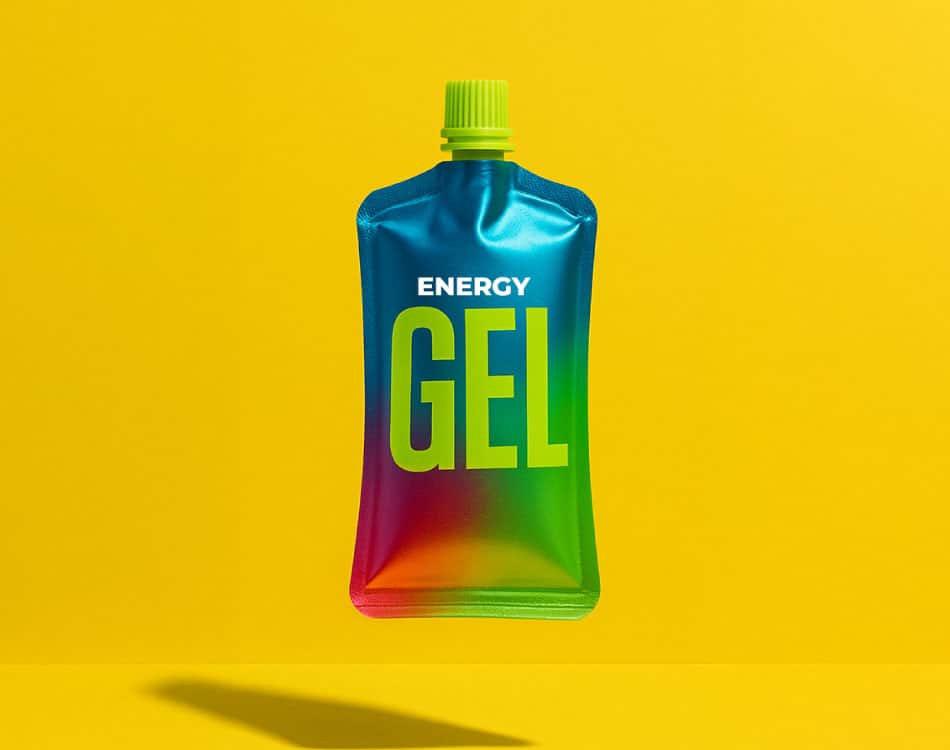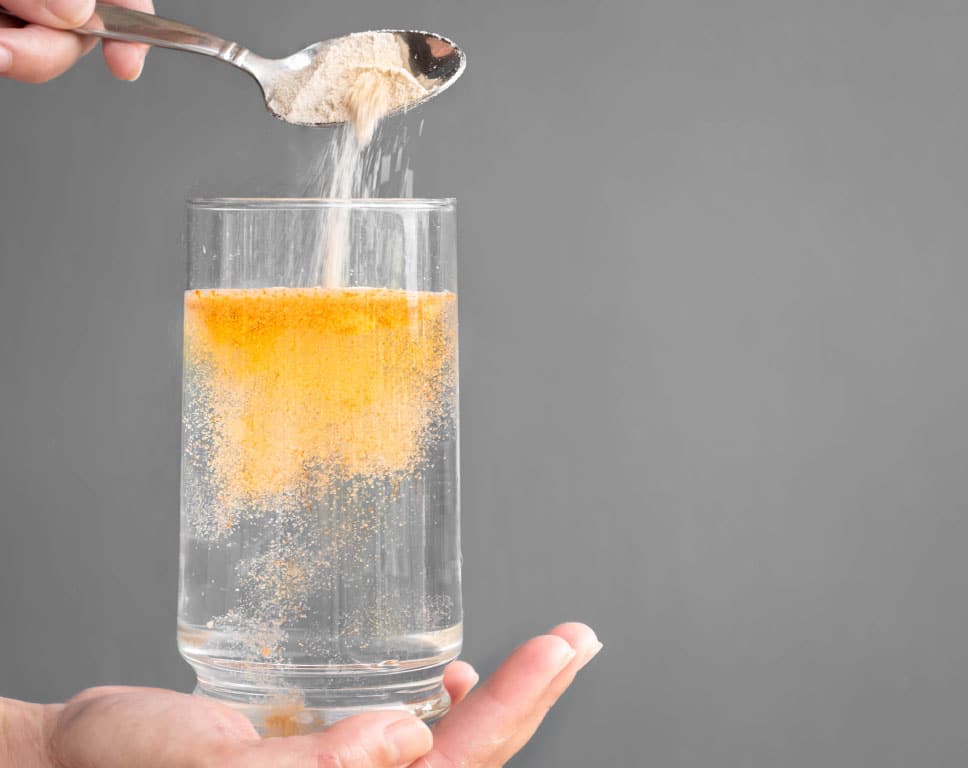In the supplement industry’s on-going quest to enhance sporting performance, research continues to affirm the efficacy of beta (β)-alanine.
This non-essential amino acid is the only naturally-occurring beta-amino acid. It serves as a building block of carnosine, a dipeptide that helps to buffer the effect of exercise metabolites that build-up during physical exertion and can limit performance.
Popular addition to supplement formulations
As supplementing with beta-alanine has been clinically proven to boost muscle carnosine levels – a 2010 study published in the journal Nutrients found that taking 800mg of beta-alanine multiple times a day elevated muscle carnosine levels by as much as 66% – it can delay muscular fatigue and thereby improve workout or sporting performance.
These properties have led to a steady rise in the use of beta-alanine in a variety of supplements, most notably pre-workout formulas and intra-workout or energy drinks for endurance events.
Research-backed supplement
One study that affirms beta-alanine’s position atop the pile of ergogenic supplements includes research published in the International Journal of Sports Nutrition and Exercise Metabolism, which found that runners who supplemented with the substance considerably improved their performance over 800m, with a few study participants taking a staggering 3.6 seconds off their personal bests.
But it’s not just endurance athletes who can benefit. For instance, according to a study published in 2006 in the International Journal of Sports Nutrition and Exercise Metabolism, which tested maximum bench press and squat, power (Wingate anaerobic power test, 20-jump test), and body composition, combining creatine and beta-alanine provided an extremely synergistic effect of enhancing workout performance by supporting increased muscle contractile strength and power output, while simultaneously increasing muscular endurance.
This enabled participants to do more reps and increased their workload in each subsequent session.
In addition, the researchers concluded that “Creatine plus beta-alanine supplementation appeared to have the greatest effect on lean tissue accruement and body fat composition.”
Benefits reaffirmed
And this stance has once again been reaffirmed, with a study published in the British Journal of Sports Medicine (BJSM).
The research team conducted a systematic review and meta-analysis of the evidence on the effects of β-alanine supplementation on exercise capacity and performance which encompassed 40 individual double-blinded, placebo-controlled studies employing a total of 65 different exercise protocols and totalling 70 exercise measures in 1,461 participants.
The research team found that “β-alanine had a significant overall effect” on performance and that “co-supplementation with sodium bicarbonate resulted in the largest effect size when compared with placebo.”
These findings echoed similar outcomes of a 2012 study, conducted by a team which included researchers involved in the 2016 BJSM study, and was published in the journal Amino Acids.
In it, researchers suggested that the increase in performance noted in exercise lasting 60-240 seconds might be explained by the improvement in exercise capacity experienced with beta-alanine supplementation.
In their conclusion, the researchers noted that the “median effect of β-alanine supplementation is a 2.85% improvement in the outcome of an exercise measure when a median total of 179g of β-alanine is supplemented.”
When this latest meta-analysis is considered in the context of all the other studies that support the efficacy of this supplement, it certainly affirms the recommendation that beta-alanine should be a mainstay in every serious gym-goer or athlete’s supplement programme.
Researchers working on the 2010 study published in Nutrients noted that participants – male sprinters – who took increasingly higher doses of beta-alanine over time, still experienced a boost in performance after five weeks of administration, which suggests that prolonged usage does not result in tolerance to the substance.















